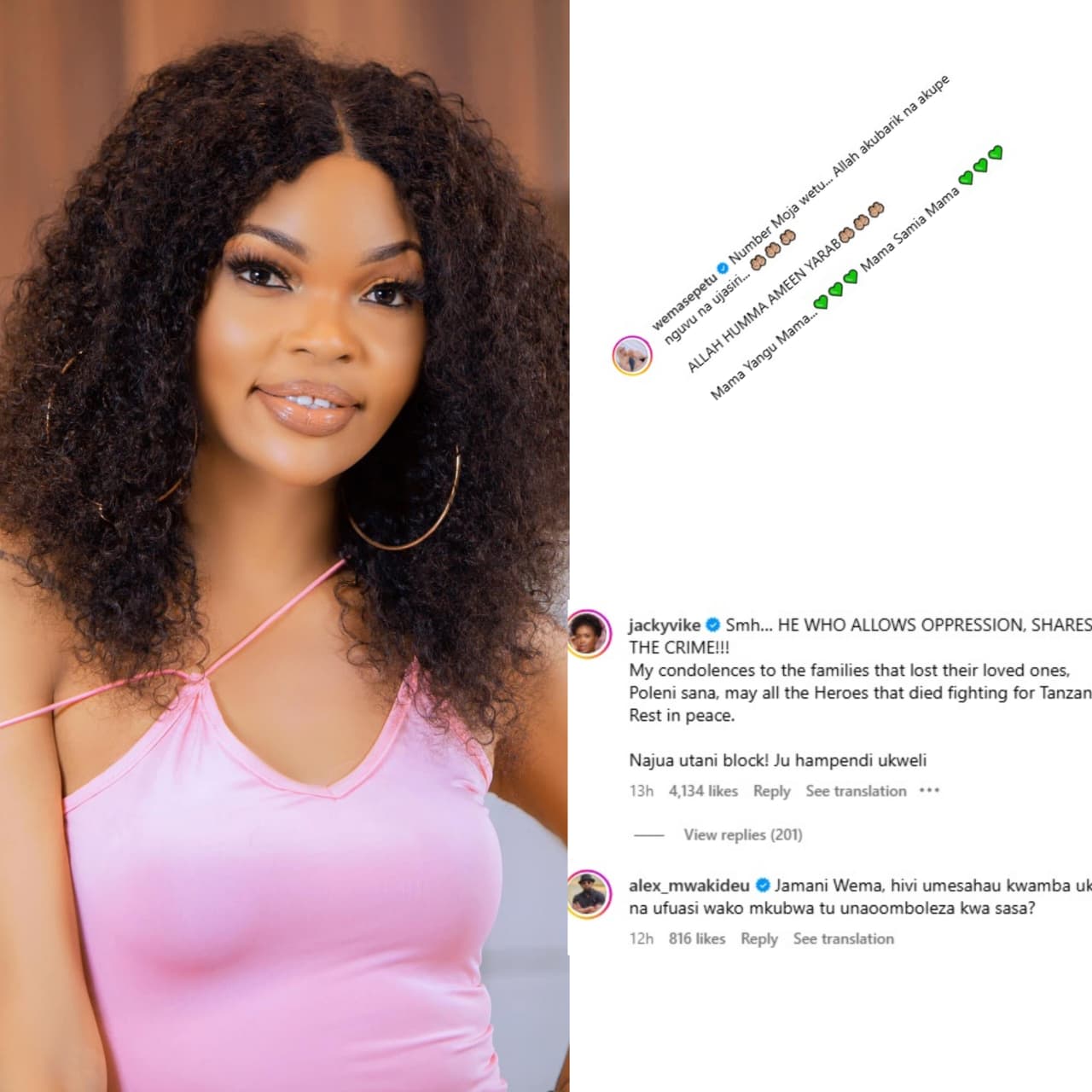Discover how eco-influencers are using social media platforms to inspire global climate action.

In a digital world where trends come and go with a swipe, a new wave of change-makers is rising: eco-influencers. These are not just influencers with pretty feeds and aesthetic lifestyles; they are digital warriors for the planet, using social media platforms to spark environmental consciousness and climate action among their audiences. In Kenya and across Africa, the rise of eco-influencers is not just a trend, it’s a movement that is educating, inspiring, and mobilizing a generation to care deeply about the planet’s future.
Once upon a time, environmental conversations were confined to conference rooms, science journals, and government summits. But today, they’re happening on Instagram Stories, TikTok videos, and Twitter threads. Young Africans are using their voices and platforms to talk about pollution, deforestation, sustainable fashion, renewable energy, and climate justice topics that were once seen as niche or “Western.” Through their content, eco-influencers are making these issues relatable and urgent. They are reminding us that climate change is not a distant threat it is already affecting our farms, our health, our cities, and our future.
The beauty of social media is that it turns everyone into a storyteller. And eco-influencers are masters of this. They turn statistics into stories and complex science into simple, actionable messages. Whether it’s a YouTube vlog about how to start composting at home, an Instagram Reel showcasing a clean-up along Diani Beach, or a Twitter thread calling out corporations that greenwash, their work makes environmentalism accessible. They are not preaching from a pedestal—they are walking the journey with their followers, showing what it means to live more sustainably in real life, with real challenges.
In 2025, we’re also seeing brands and organizations begin to take notice. Green campaigns are reaching out to eco-influencers not just as ambassadors but as thought leaders. Some are even leading their own initiatives, founding nonprofits, hosting environmental podcasts, or partnering with schools to teach children about sustainability.
Still, the road isn’t easy. Many eco-influencers face criticism, burnout, and financial struggles. Fighting for the planet is not always glamorous, especially when the algorithm rewards entertainment more than education. But their resilience is part of what makes them powerful. They are driven by purpose, not just popularity.
Africa, despite contributing the least to global emissions, suffers some of the worst effects of climate change. That’s why it is so important that our stories, our voices, and our solutions are amplified. Eco-influencers are doing just that, telling the African climate story from an African perspective. They’re not just reacting to a crisis; they’re reimagining the future. A future where green living is not a luxury, but a norm. A future where youth lead, and elders listen. A future where social media doesn’t just distract it empowers.
The rise of eco-influencers is proof that anyone with a phone and a passion can make a difference. Climate action doesn’t have to start in a boardroom. It can start with a post, a challenge, a hashtag, or a comment. And when that message is honest, consistent, and community-driven, it can spark a movement.
By Anita Wawira










